Tryptophan is an amino acid. Hopkins Cole test is a specific test used for the detection of tryptophan. When tryptophan is present in a solution, it gives a reddish violet ring.
REAGENTS of Hopkins Cole test:
Hopkins Cole Reagent: Magnesium compound of Glyoxalic acid and concentrated H2SO4.
PRINCIPLE:
Concentrated H2SO4 causes dehydration of tryptophan which reacts with Hopkins Cole reagent to give a reddish violet ring between two layers.
PROCEDURE of Hopkins Cole test:
- Add 1 ml of original solution (protein solution) in a test tube.
- Add 1 ml of Hopkins-Cole reagent in the test tube.
- Mix thoroughly.
- Then add 1 ml of concentrated sulphuric acid, pouring it down along the side of the test tube.
INDICATION:
A deep violet or purple ring forms at the junction of the two liquids. This indicates the presence of tryptophan.
NOTE:
Gelatin and other proteins which do not contain tryptophan do not give this reaction.
RESULT:
If you follow all the steps mentioned above correctly, then the reddish violet ring will form at the junction of the two liquids. This means that the result is positive and tryptophan is present in the solution.
Precautions:
Below are some precautions which should be followed while performing the experiments.
- Firstly wash the apparatus before and after the experiment keenly.
- Test tube should be free of impurities.
- Carefully measure the solution before pouring it into the test tube.
- Make sure to pour the acids into the test tube sidewise. Otherwise, it will give you a false result.
If you have any question regarding Hopkins Cole test, feel free ask it in the comment box below.
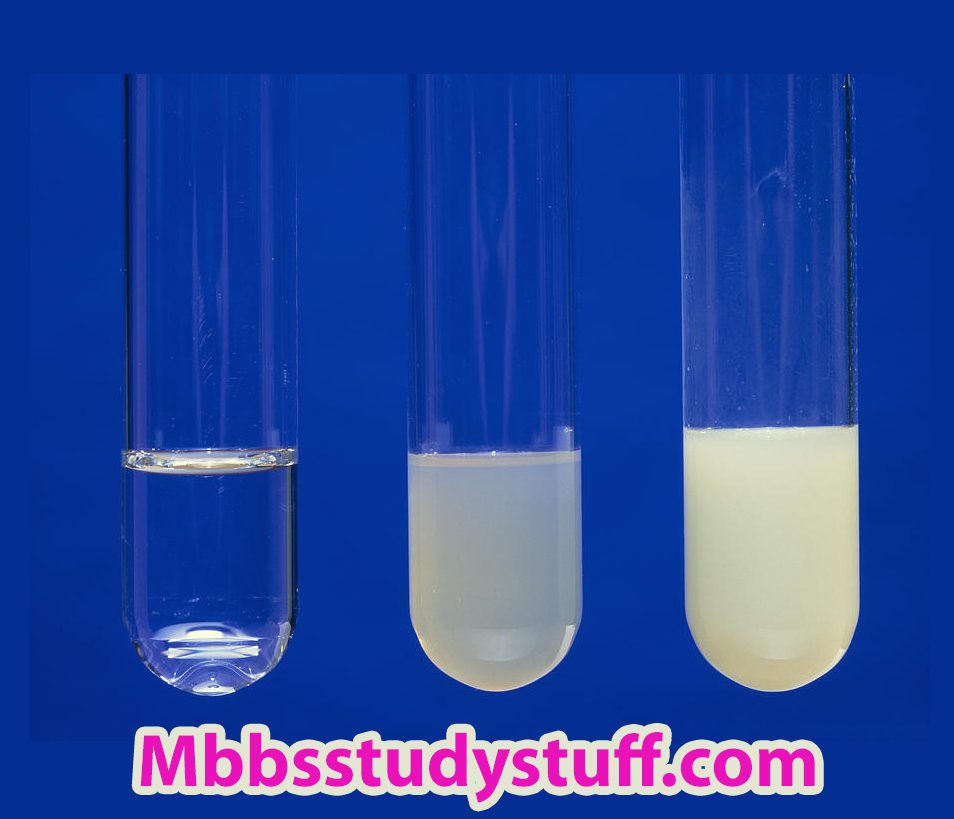
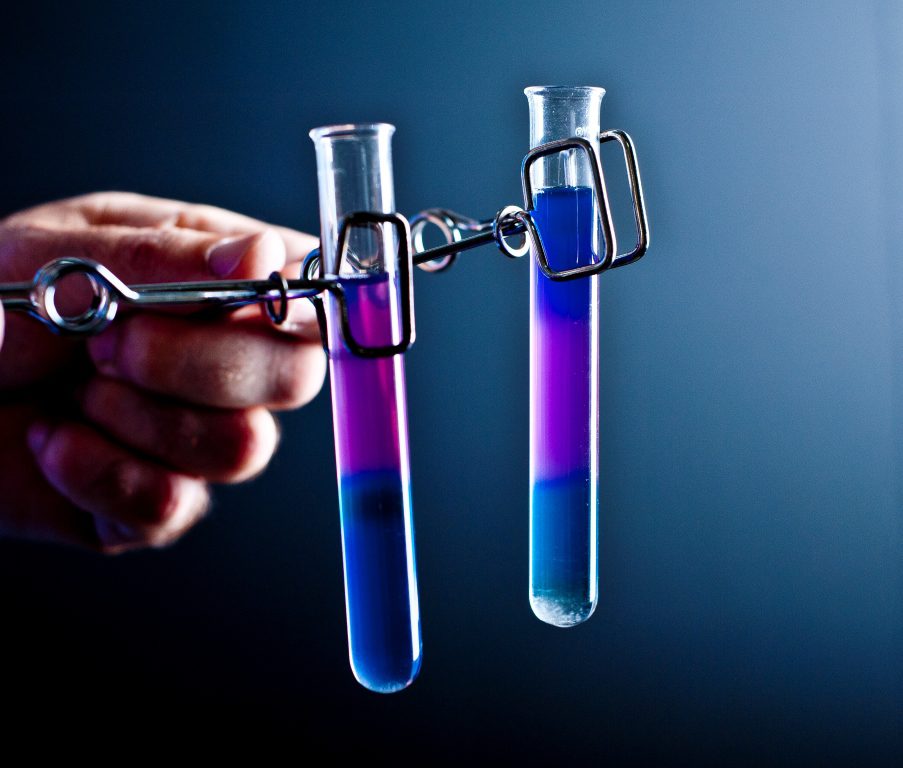
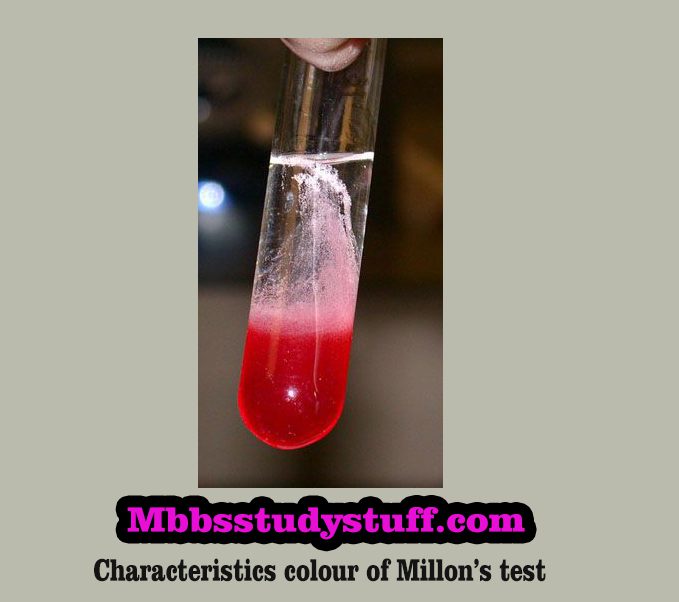
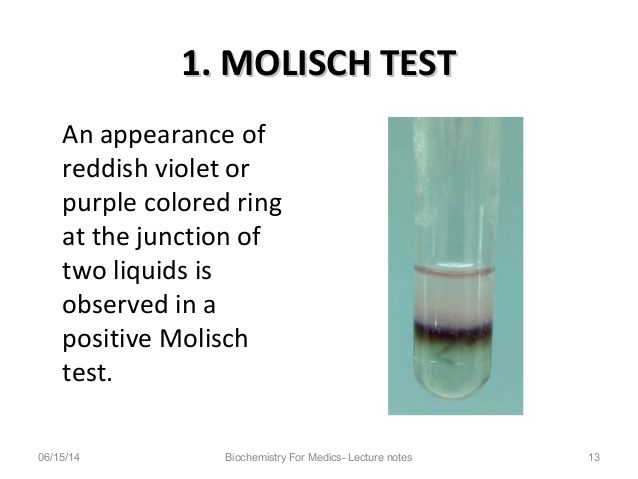
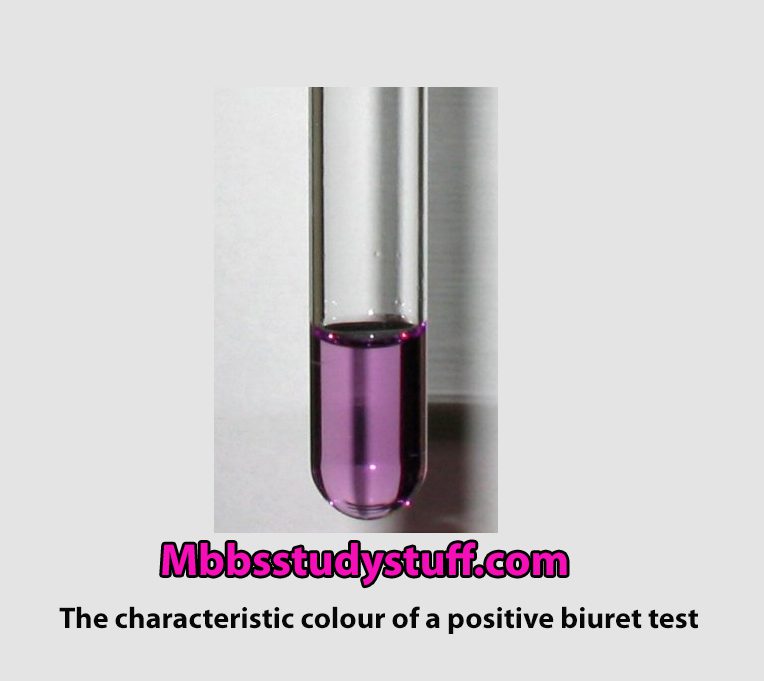
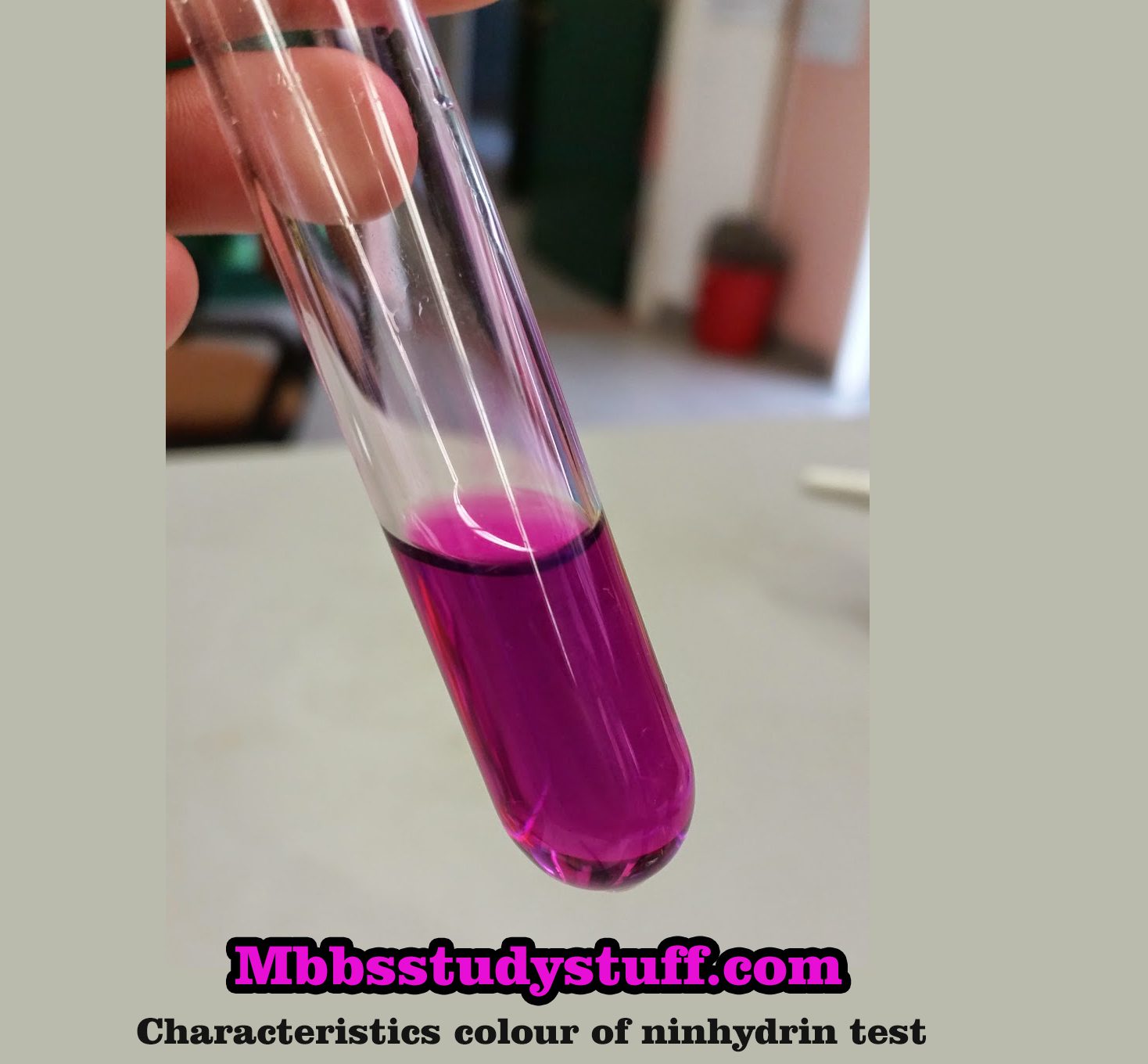
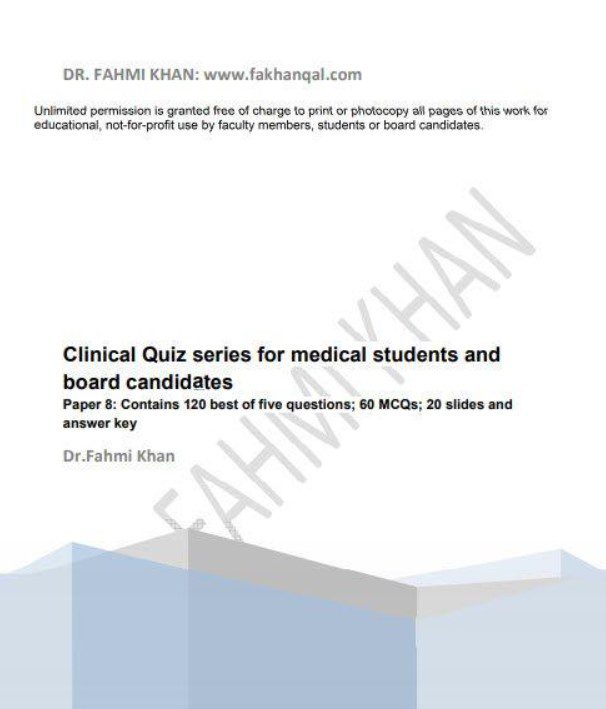
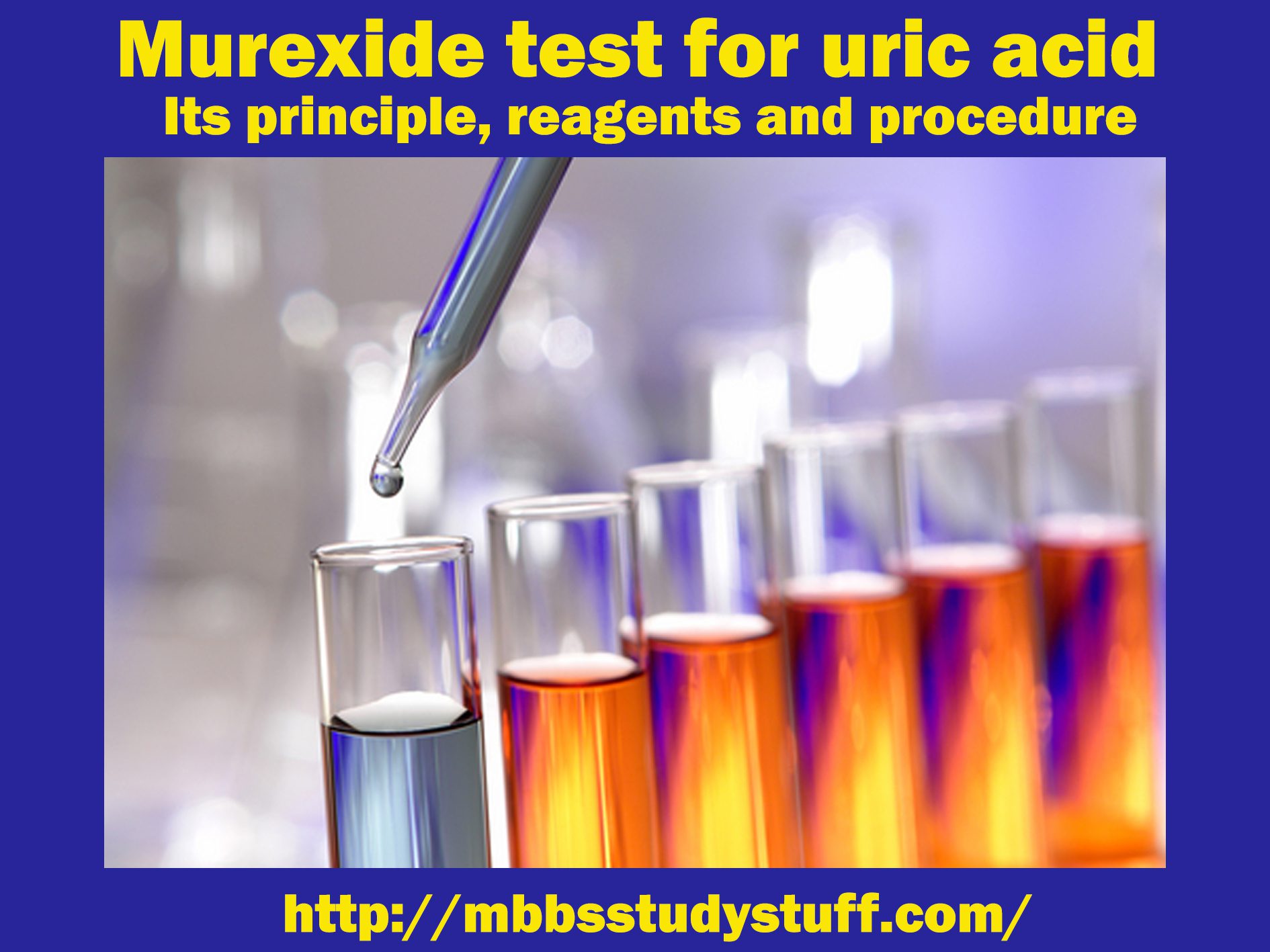
Give equation for the reaction
Give a reaction mechanism for hopkin cole test
Hello,
I’ve got Elsa’s question too. In which cases do we get false positive result and why?
Thank you for your helpful website
Hello,
I’ve got a question about Hopkins Cole test,
Do pyrrole and indole derivatives such as saktol and serotonin result false positive to this test?
Many thanks to you for devoting your time to answer me
Hello .
Why are we given a false result if we don’t pour the acids into the test sideways ? and do you know in which cases this test give us false results ? ( In general )
sorry for my bad English .
we pour acid to the test tube sidewise because if we not do this, Reddish Violent ring will not form then. And so it will give false result.